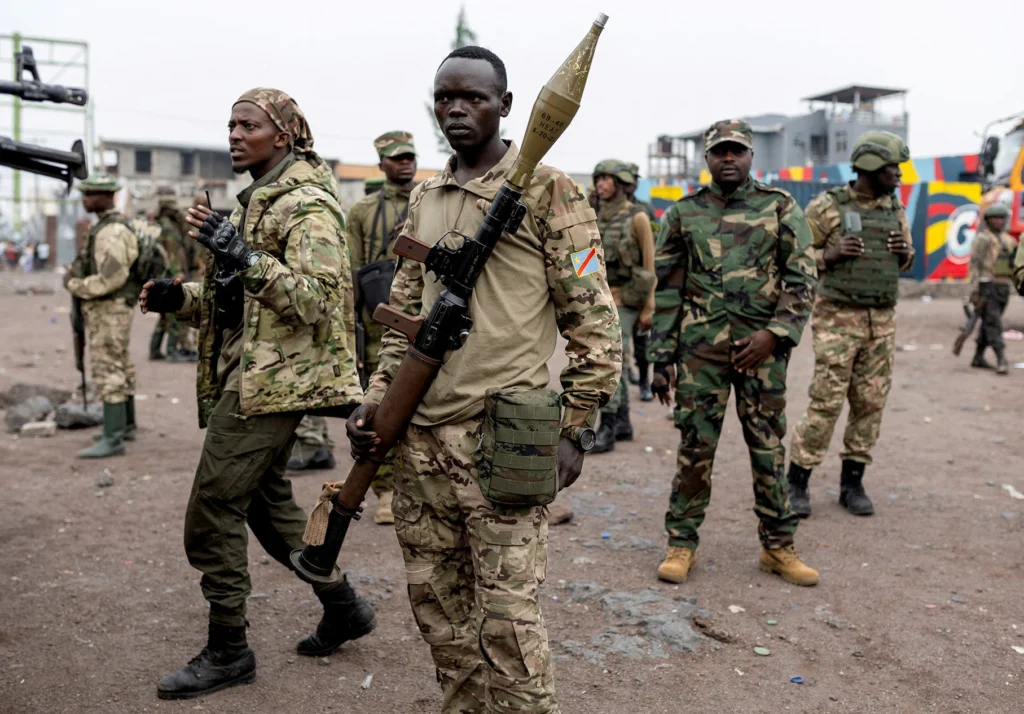The March 23 Movement (M23) has initiated a major road rehabilitation project aimed at improving connectivity between South and North Kivu provinces. The development comes amid ongoing territorial disputes and fragile peace negotiations between the Congolese government and the rebel group.
According to reports, M23 has begun construction in Masisi district, a strategic area in North Kivu. The project is expected to facilitate movement between key towns, including Goma and Bukavu, enhancing trade and accessibility in the conflict-ridden region.
Local sources indicate that the road rehabilitation is part of M23’s broader efforts to consolidate control over territories it has seized since resuming hostilities in 2021. The group has framed the initiative as a step toward regional stability, though critics argue it reinforces its military presence.
The road project coincides with ongoing peace negotiations between the Democratic Republic of Congo (DRC) and Rwanda, which has been accused of backing M23. The United States has brokered discussions aimed at securing a lasting ceasefire, with a final agreement expected later this month.
Despite diplomatic efforts, clashes between M23 and pro-government forces continue in various parts of eastern DRC. The rebel group recently repelled an attack by Wazalendo militias near the border between North and South Kivu, underscoring the volatile security situation.
Residents in affected areas have expressed mixed reactions to the road project. While some welcome improved infrastructure, others fear it may entrench M23’s influence. Economic analysts note that better roads could boost trade and mobility, but lasting benefits depend on broader political stability.
As peace talks progress, the road project remains a focal point in discussions about governance and territorial control in eastern DRC. Observers will be watching closely to see how the initiative unfolds in the coming months.
